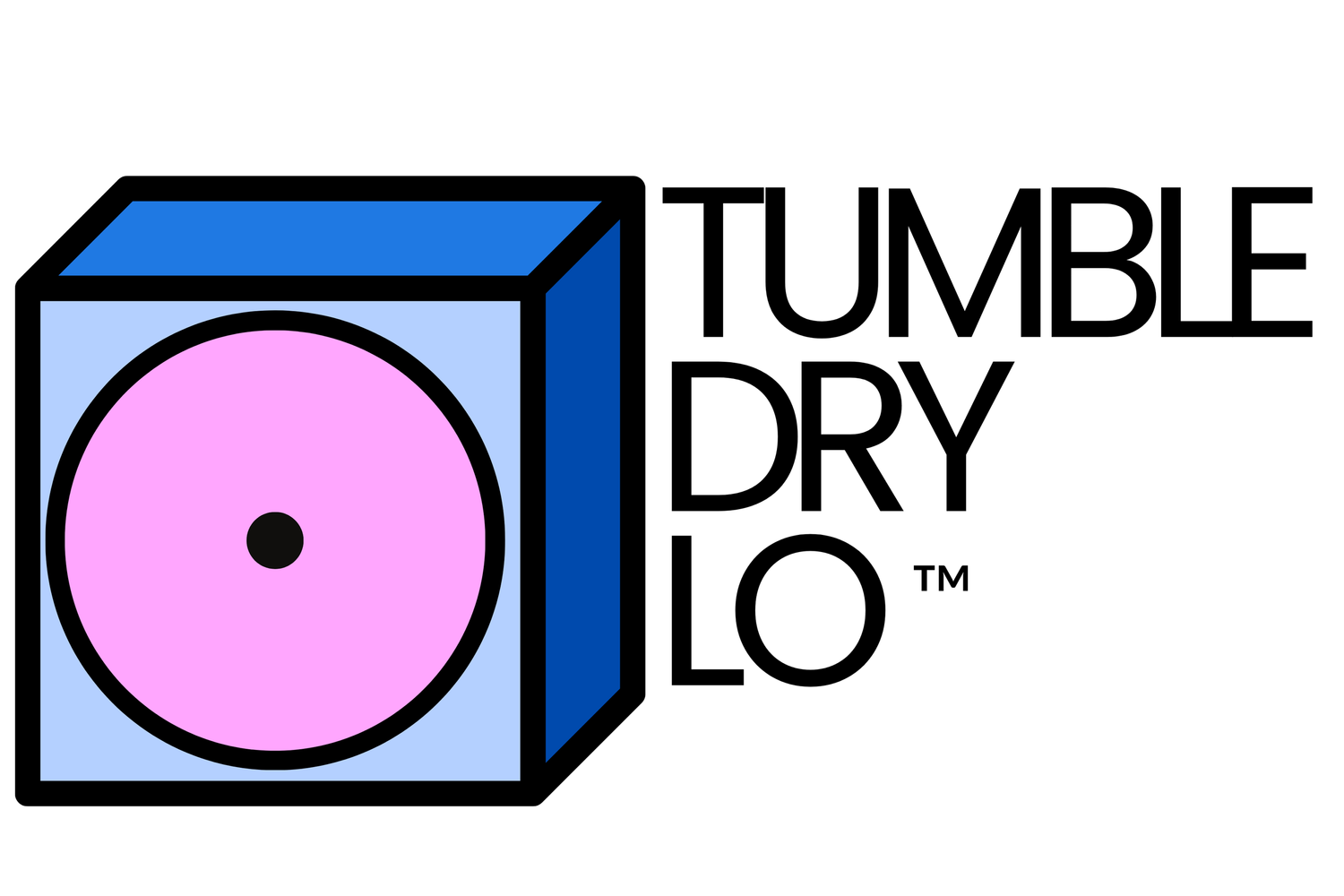The Moment I Knew I Had to Build My Own Dryer
When I worked in New York, I was asked to give a keynote speech to a class of graduating seniors. I wanted to say something profound. Important. Meaningful. But I wasn’t a valedictorian. I wasn’t a professor. I wasn’t a big-name speaker. I was just me. So naturally, I began to doubt myself.
It was only a 15-minute talk — but I obsessed over it like it was a TED Talk going out to millions. And honestly, to me, it kind of was. Because in that room were dozens of students — legacy students, first-gen college students, first-gen Americans — many of them connected to Haraya, the Pan-African student group. They were my people, or the people my younger self would've grown up alongside. That made it feel big.
So I scrapped the pressure and spoke from the realest place I knew: my own story. I told them what it felt like to be a first-gen college student, a first-gen professional. How college felt like being a damp t-shirt in a dryer — I wasn’t in there alone, but Lord, that cycle was rough. I came out more refined, sure. But wrung out, too. And life still sometimes feels like that dryer cycle.
What the students didn’t know is that, even as I stood there, I was quietly questioning whether to leave a job I once loved — a role I had outgrown in an environment that no longer poured into me. I, like them, was standing at a threshold.
A few months later, I quit.
I joined a DEI startup and soared — for a while. But then the political climate shifted. Executive orders dropped. Budgets froze. The field I had studied, served, and led in for 15+ years began to evaporate.
Around that time, my friend Eli (former founder of The Transgender Training Institute) told me I should write a book. "Do the thing," he said. Pursue entrepreneurship with both caution and courage. I heard him. I even started an outline. But in truth? I just wanted to work with good people, on good teams, doing the work I loved.
But the offers that came didn’t match the calling. And when they did, they didn’t pay enough to sustain me. I found myself choosing between peace and paychecks. I learned that I’d rather take one-third of my salary if the culture was healthy and the leadership was affirming. Because I’d become one of those people you hear about — the ones who don’t leave jobs, they leave people.
I took a break. A real one.
I went into what I call my hole — not a dark place, but a solo one. A quiet space for reset. For reflection. For reckoning. I thought about all the harmful supervision I’d endured. I remembered the good leaders. I sat with my faith, my flaws, my capacity, my calling.
And I began to heal.
I stopped chasing job boards. Stopped applying for roles that weren’t mine. I remembered my ADHD — and how much it shaped the way I process, isolate, and recover. I reconnected with God, with my partner, with my community. I walked. I prayed. I listened to books that spoke life into me. (Shoutout to Jamie Kern Lima, Mel Robbins, Rachel Rodgers.)
And finally, I stopped trying to force myself into institutions that couldn’t hold me — and decided to build something that could.
Tumble Dry Lo™ was born.
At first, I thought I had no entrepreneurs in my family. But that wasn’t true. My mother had been doing hair since I was a child. My father had been in roofing and gutters for years. My siblings all have food businesses. Turns out, I was the only holdout. Until now.
Now, I understand that I wasn’t just leaving jobs. I was leaving systems that never saw me. And I wasn’t just starting a business. I was building a new kind of dryer — one set to low heat.
Because some of us are delicates. And some of us have been tossed around so long, we forgot what stillness feels like.
Tumble Dry Lo™ isn’t just a brand. It’s a care strategy. It’s what happens when people are willing to check the settings. To name the harm. To adjust the cycle before the damage becomes permanent.
This isn’t a fixer’s business. I’m not here to rescue you. I’m here to help you read the label, sort the laundry, lower the heat, and build a culture that lets your people come out better — not broken.
And if you're someone who's been spun on high heat for too long? You're not alone. You’re not ruined. You’re just ready for a better cycle.
The Lo Down is this: Sometimes, you don’t need a new wardrobe — you need a better dryer. And the courage to stop the cycle before it burns your best stuff. That’s what I built. And I hope it helps you breathe again, too.
With Care,
Mo 💓
